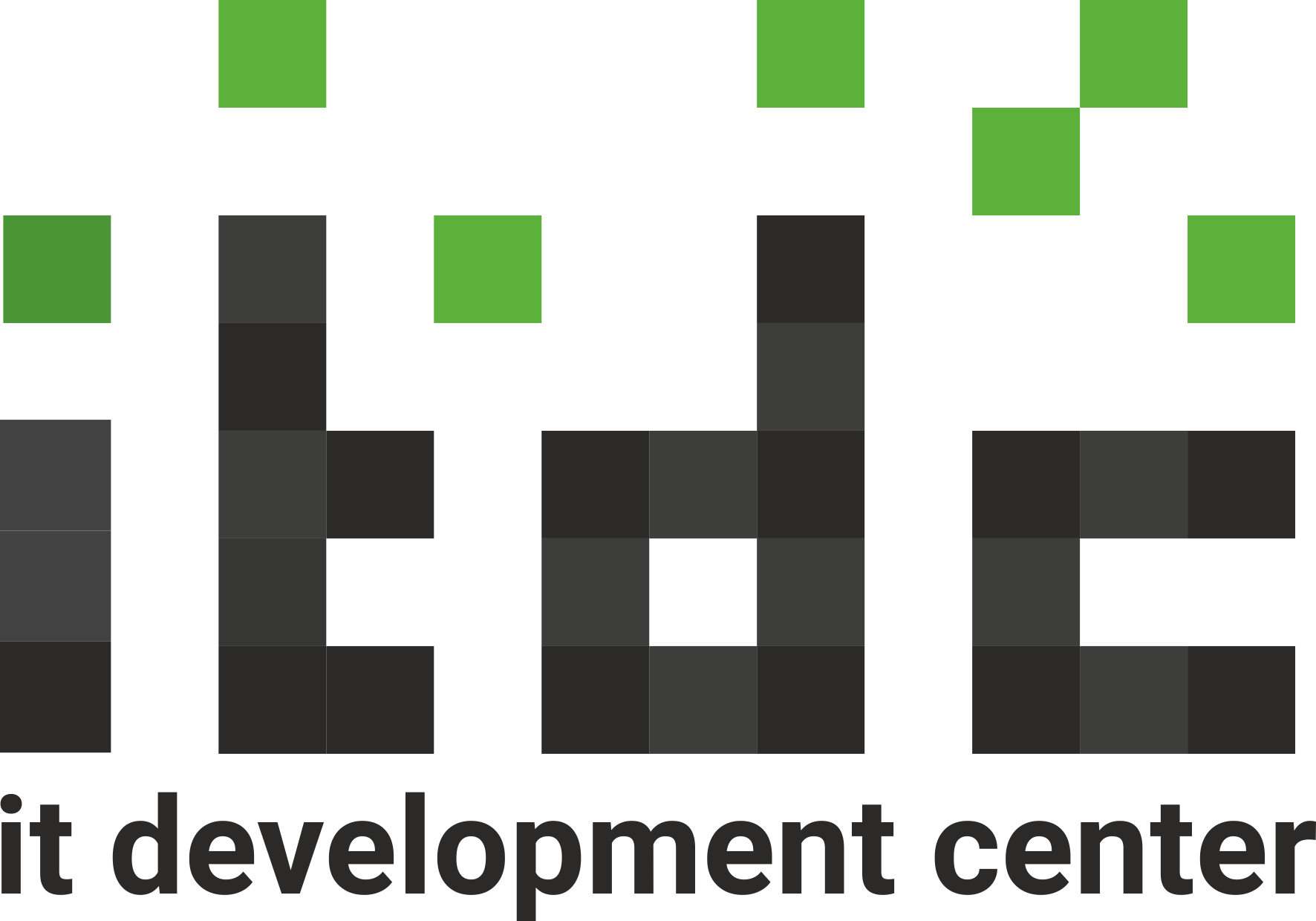Cotton Campaign ends boycott of Uzbek cotton

Press briefing on the working conditions created in the cotton sector of Uzbekistan is held with the participation of members of the delegation of the Cotton Campaign in Tashkent city, March 10, 2022. Courtesy of Embassy of Uzbekistan to Korea
By Gulrux Niyazmetova and Farrux Goibnazarov
Global human and labor rights group Cotton Campaign announced that it has ended its call for a global boycott of Uzbek cotton.
The results achieved by Uzbekistan in recent years specifically regarding the country's significant progress in eliminating forced labor in the cotton fields and the solution of long-standing problems in the industry have been the main factors that prompted the lifting of the boycott.
Since 2011, the Cotton Campaign has boycotted Uzbek cotton products of more than 300 groups of textile and trade companies because of the use of child and forced labor in the annual cotton harvest.
As a result, for more than 11 years, local enterprises of the Uzbek textile industry have faced obstacles in establishing cooperation with major foreign companies and brands to supply products to the markets of the United States, the European Union and other countries.
At the 72nd session of the U.N. General Assembly on Sep. 19, 2017, the President of the Republic of Uzbekistan noted that effective measures are being taken in cooperation with the International Labor Organization (ILO) to eliminate child and forced labor in Uzbekistan.
Due to the strong political will of President Shavkat Mirziyoyev, a completely new system of ensuring human rights and freedom has been created in Uzbekistan, based on large-scale reforms to promote human dignity.
At the same time, the work carried out in the country to improve national legislation has brought the Central Asian nation into line with international standards. Specifically, reforms to the agricultural sector, widely applying market principles, implementing the mechanization of the industry, and providing decent wages have been key factors in preventing child and forced labor.
As a result of the efforts made, child labor was eliminated. The practice of using forced labor for agricultural work and landscaping has also been curtailed.
For the time being, 19 conventions and 1 protocol of the ILO have been ratified in order to implement international norms in our national legislation. Uzbekistan became the first Central Asian state to ratify the 29th protocol of the Convention Concerning Forced or Compulsory Labor.
Over the past three years, concrete steps have been taken in the fight against forced labor in order to systematize activities in these areas and eliminate the existing problems. In particular, national legislation has been improved in line with the recommendations of the ILO and the World Bank. As a result, administrative liability for forced labor was strengthened, criminal liability for child labor was introduced, and cotton quotas were abolished.
In order to continue monitoring the cotton season by independent observers in 2021, the ILO's Third Party Monitoring and the National Monitoring of the Federation of Trade Unions of the Republic of Uzbekistan were conducted with the participation of human rights activists, representatives of civil society institutions and bloggers.
Parliamentary control was established by the chairman of the National Commission on combatting human trafficking and forced labor to prevent forced labor during the cotton harvest and to create decent working conditions for cotton pickers.
In particular, working groups consisting of senators, deputies, journalists and bloggers were formed, and during the cotton season, research was conducted in clusters, farms, "mahallas," (neighborhoods), enterprises and organizations in all districts of the country.
The State Labor Inspectors have also started to investigate complaints about forced labor.
As a result, mass forced labor has been completely eliminated in the country over the past five years. According to a third-party report by the International Labor Organization on the monitoring of the 2021 cotton harvest in Uzbekistan, based on interviews with pickers. Those involved in the 2021 cotton harvest did so voluntarily in all provinces and districts and cases of forced labor were rare or non-existent.
In short, this historic achievement is the result of many years of joint work by Uzbek civil society activists, international human rights defenders and international brands, as well as the determination of the government of Uzbekistan to end forced labor.
Gulrux Niyazmetova is deputy head of the State Labor Inspectorate of the Ministry of Employment and Labour Relations of the Republic of Uzbekistan and Farrux Goibnazarov is head of the representative office of the Agency of external labor migration under the Ministry of Employment and Labour Relations of the Republic of Uzbekistan in the Republic of Korea.

